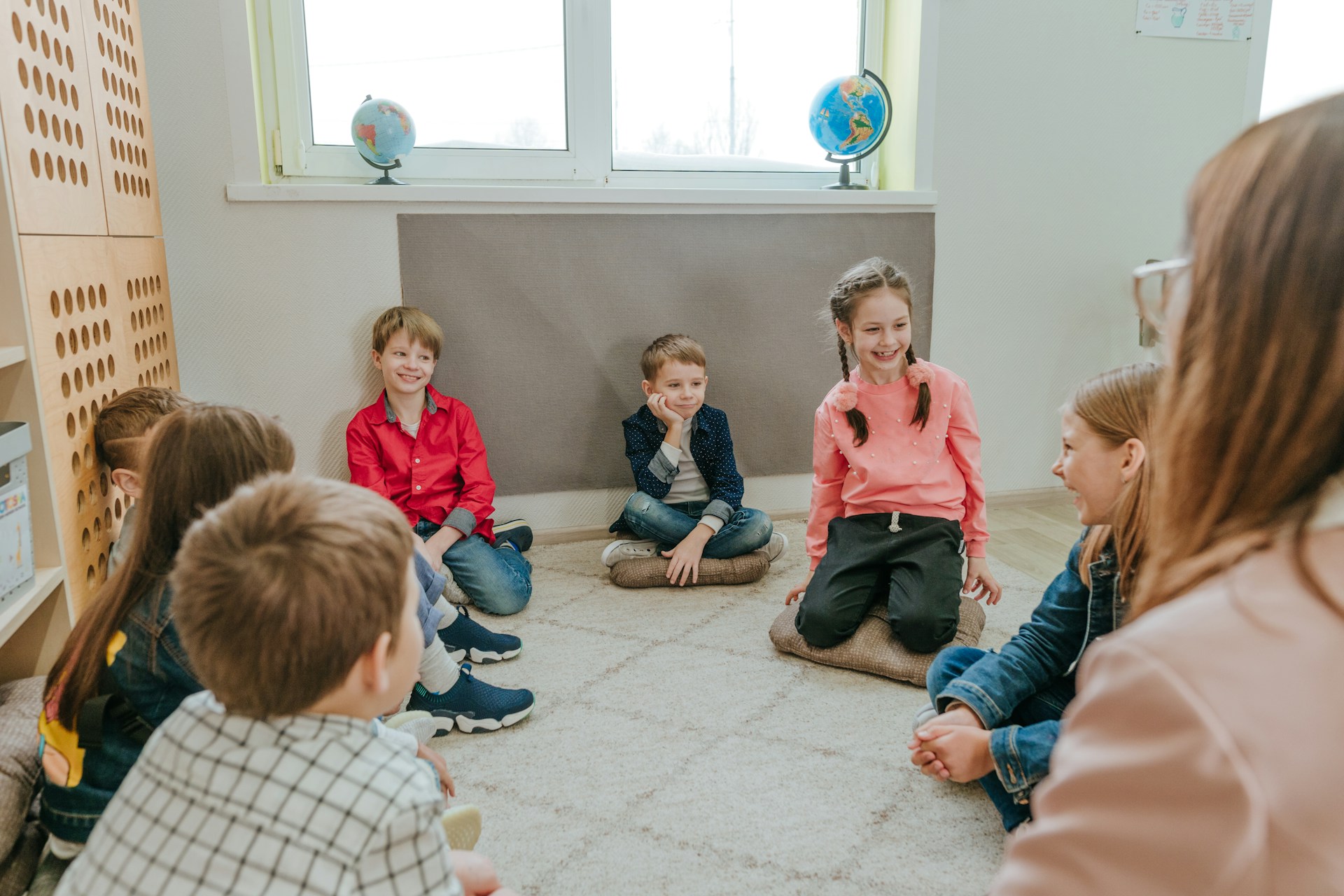Some kids walk away from anxiety group therapy in Portland feeling more connected, carrying new tools and insights they are eager to try out. Not everyone responds in the same way. It is common for some children to become quieter or more withdrawn after group therapy ends, especially with the slower, darker pace of late fall moving through Oregon.
When a child turns inward after a group experience, caregivers might wonder what went wrong. It is easy to assume something did not click or the group had a negative effect. Often, there are quieter reasons—emotional shifts that need more room to settle. Seeing what might be under the surface can help adults move away from confusion to more openness, without rushing to fix or push.
What Pulling Back Might Look Like
Withdrawal may not be loud or clear. It often appears in small ways—a child becoming more reserved at dinner, suddenly turning down social events, or spending more time in their room.
Some kids might avoid group members they just met or skip activities where they could bump into those peers. Others might brush off questions about group, offering short answers like, “It was fine,” or “I forgot.” While these comments might seem like a closed door, they can be clues to a process still going on inside.
Reasons Kids Might Withdraw After Group Therapy
What happens inside group therapy does not always stay inside the room. Kids might leave with unresolved feelings. Something left unsaid or unfinished can hang around, stirring restlessness.
It is not unusual to compare themselves to others in the group. They might worry, “Did I talk too much?” or “Did I say the wrong thing?” or “Why didn’t I share more?” These comparisons can quickly build into quiet self-doubt.
Judgment and fear of misunderstanding also play a role. Even when no one was unkind, a child could still worry about how they sounded or whether someone misread their words. They might spend time replaying pieces of the session, trying to figure out if they fit in or stood out.
Seasonal Shifts and Emotional Energy in Oregon
Oregon’s late fall brings shorter daylight, chilly days, and more rain. The darker skies and heavy weather can shift everyone’s mood and energy. Kids are no different. These changes can make kids more likely to pull back, whether they mean to or not.
After anxiety group therapy in Portland ends, children could be carrying emotional weight from the sessions right into the new season. Fall invites more reflection, especially as routines change with the school year. Mix in darker afternoons, heavier homework, and the approach of winter holidays, and withdrawal can be a sign a child needs time to adjust.
Emotional processing after therapy isn’t always quick. Sometimes, the mind is working through what came up in group and what it means. Kids may appear to step away from social activities, but it might just be their way of finding quiet to recharge.
Supporting Kids Without Pushing
If a child becomes more withdrawn, the instinct to ask, “What is wrong?” or “Why aren’t you talking?” is understandable. These questions, though, often feel like added pressure and can make a child shut down further.
Reflecting what you notice can feel safer: “I can see you’ve been keeping to yourself more since group ended.” This light touch lets a child know you are paying attention without making them feel like they need to perform or explain.
It also helps to leave space for quiet check-ins, free from timelines. Some kids need to talk through feelings soon after group ends. Others may take weeks before they are ready. That is ok. Walks, shared activities, or relaxed routines can take the focus off the need for big talks and offer gentle support instead.
If a child starts showing signs of lasting stress or emotional overload—like trouble with sleep, sudden outbursts, or long periods of avoidance—it could signal a need for more help. That might mean continuing therapy in a different way or extending follow-up beyond the group. Mindful Mental and Behavioral Health PLLC offers both individual and group therapy support for kids, so they have the option to explore different kinds of care according to their needs over time.
A Quieter Response Doesn’t Mean the Work Didn’t Help
Not every child will process growth by sharing openly. Some need quiet and space to process. Others hit pause for a while before showing changes at home or in school. A lack of talk does not mean a lack of growth.
Each child’s path looks different. Some will blossom with conversation, others reflect best in silence before rejoining again. What seems like pulling away could actually signal healthy self-reflection. Those quiet moments after group therapy, and the slower days of fall, can give kids the time they need to settle, recharge, and let new ideas take shape.
The small cues that come with patience and staying present mean a child will know support is steady, even when they are not ready to talk. By accepting a child’s pace, caregivers create the chance for real connection to come back, on the child’s timeline.
If something feels off after your teen attends a group session and you’re trying to make sense of what they might need next, we invite you to learn how we approach anxiety group therapy in Portland at Mindful Mental and Behavioral Health PLLC.




